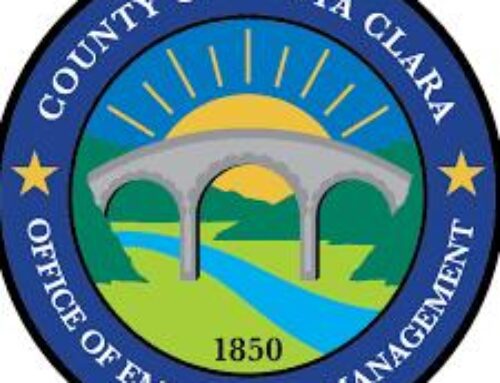Published in the October 10 – 23, 2018 issue of Morgan Hill Life
 It’s absolutely amazing how often I hear the adult children say, “But that isn’t what Mom wanted!” Really? Are you sure? Then why did she sign the document?
It’s absolutely amazing how often I hear the adult children say, “But that isn’t what Mom wanted!” Really? Are you sure? Then why did she sign the document?
And it’s not just after Mom dies. This frequently comes up after Dad dies and Mom is still alive. The widow comes to see me to make changes in her documents and finds out there are limitations on what she can do because her husband has already died and she’s now locked in to certain terms of the trust. The widows look at me and ask, “How could my husband have done this to me?” No, he didn’t do it to you. You did it to yourself by signing the documents without understanding the meaning of them and the terms that would be in place following the death of the first spouse.
The spousal restrictions in the old trusts are almost never needed today for estate tax purposes, but we regularly see attorneys still using those provisions now even though the tax laws changed years ago. Those old-style provisions cause problems when it comes time for elder law planning and asset protection. It’s important to have the right legal documents in place for the long term. You have to know how the documents will be interpreted at your death, and how they’ll be interpreted if you’re ever incapacitated.
What do your documents say? Unfortunately, many people don’t understand the meaning of their documents and what happens after they’re incapacitated or after they die.
 I recently had two sisters exclaiming, “This isn’t what Mom wanted!” But then why did your mother sign it? It’s a legal document and we have to follow it. In that case, two siblings were hiding documents from the other siblings, and when all of the documents were produced, there was a different outcome than what everyone had thought.
I recently had two sisters exclaiming, “This isn’t what Mom wanted!” But then why did your mother sign it? It’s a legal document and we have to follow it. In that case, two siblings were hiding documents from the other siblings, and when all of the documents were produced, there was a different outcome than what everyone had thought.
You need to understand what happens when you die. How will your documents be interpreted? If you’re married, you need to understand what happens when the first spouse dies. Most people think the surviving spouse has full and unlimited control of the assets, but that is rarely the case. We frequently see limitations on what the surviving spouse can do, and this can cause problems down the road. You have to understand the issues and then ask whether this is really what you want. In many cases, it’s not.
Elder law attorneys have written articles about getting rid of A/B trusts due to the problems they can cause after the death of the first spouse, but many attorneys who don’t practice elder law continue to generate A/B trusts without knowing the extent of the problems that come up after the death of the first spouse. There was a greater need for A/B trusts in past years due to estate tax issues, but the law changed in 2011 and again in 2017, so very few will pay any estate tax. It’s estimated less than 2,000 will pay a tax this year. And that’s a national figure.
Be kind to yourselves and your beneficiaries. Get your legal documents in place to protect your assets and your wishes for your beneficiaries. If you have a trust, get it reviewed by a qualified elder law attorney who can tell you what happens when the first spouse dies. If you had a trust with your spouse who already died, get it reviewed now to understand what restrictions are in place and then think about whether it might be advantageous to make changes while you can.
Whatever assets you may have, make sure they’re protected for your benefit and will pass properly to your designated beneficiaries.
James Ward lives in Morgan Hill. He went to law school in New England and earned a post-graduate law degree in Estate Planning at the University of Miami. Jim worked as an Estate Planning and Elder Law attorney in Florida, and then returned to open his law firm focusing on Estate Planning and Elder Law. He has offices in South Valley and Willow Glen.






